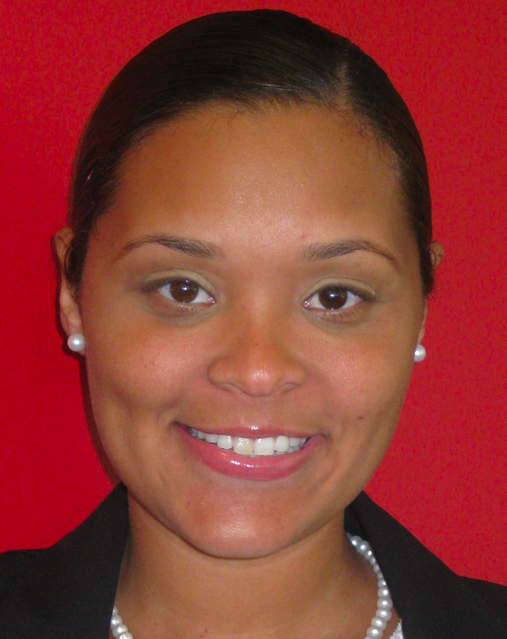What if we recruited teachers like we do Wall Street stockbrokers?
Imagine seeking out top college seniors, high achievers with tenets of leadership, and asking them to teach children for a couple of years before they step into their chosen careers.
Young, energetic 22-year-olds could shake up a classroom with non-traditional teaching methods that could motivate children. They also could gain lifelong experiences that could guide them in future community leadership roles.

This scenario became reality for more than 10,000 teachers in all parts of the United States this past school year because of the nonprofit Teach For America program.
“It was not easy, but it was so rewarding,” said Nicole Brisbane, who was recruited for a two-year teaching stint that put law school on hold. “I found so many people’s hands were tied — teachers and principals — they were advocating for me.”
Brisbane was on her way to law school when a Teach For America recruiter talked her into working in a classroom. She accepted the challenge and the experience affected her life’s mission.
Brisbane, and two other TFA alums, shared how the program changed their lives at ED Sessions 2.0, a monthly luncheon devoted to bringing experts to Idaho to discuss what is and isn’t working in education. The packed audience of lawmakers, directors, CEOs and education professionals attended.
Only 17 percent of applicants are accepted, and Brisbane said candidates have to show they believe in every student’s potential. Teach For America takes some of the country’s most talented college seniors and trains them to teach — not necessarily for a lifelong career, but because these young adults possess leadership skills and may someday be in a position to affect positive change in education.
Two-thirds of TFA graduates make teaching or education administration their career. Others become CEOs, lawyers and politicians, and their classroom experience helps them make informed decisions on education reform, one of this nation’s most debated topics.
“I found the students and the education system to be riddled with issues and I was frustrated in my second year,” Brisbane said. “I decided my greater calling was to be a voice for students and the issues. I wanted to find alternate ways of creating impact.”
She earned her law degree and worked in juvenile court but found, for her, it was too late to help kids. She moved back into education and eventually returned to Teach For America as an area director.
“I have the greatest job in the world,” she said.
TFA teachers don’t take the traditional path to teaching, but endure five weeks of intense training, living in a college dorm environment and studying up to 20 hours a day, Brisbane said.
Maureen Suhendra taught in the program and it changed her path from health care to education. She now facilitates Khan Academy training, including some training in Idaho. Khan Academy is a free, online learning tool used worldwide.
“I learned that in school, no matter how hard we worked, it was difficult to meet the needs of every student who all are learning at different levels,” Suhendra said. “I found my home with Khan Academy because we provide powerful tools so students can learn at their own pace and reduce the achievement gap.”
Brisbane and Suhendra chose to leave the classroom but stay in the educational ecosystem.
Madeline DiGrazia got a teaching job at Caldwell High School after her TFA gig. She said she will consider school administration someday.
“My time at TFA taught me to plan and to use data in the classroom,” she said. “I want my kids to think about life after high school — goal setting.”
Disclosure: ED Sessions 2.0 is funded by the J.A. and Kathryn Albertson Foundation, which also funds Idaho Education News.
